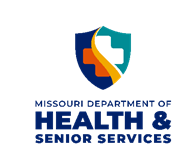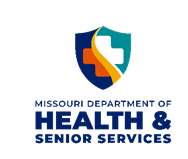July 15, 2025

CMS Wasteful and Inappropriate Service Reduction (WISeR) Model – Apply by July
Last week, the Centers for Medicare & Medicaid Services (CMS) announced the new Wasteful and Inappropriate Service Reduction (WISeR) Model. CMS will partner with companies specializing in enhanced technologies to test ways to provide an improved and expedited prior authorization process relative to Original Medicare’s existing processes.
The WISeR Model will test a new process on whether enhanced technologies, including artificial intelligence (AI), can expedite the prior authorization processes for select items and services that have been identified as particularly vulnerable to fraud, waste, and abuse, or inappropriate use.
Companies selected to participate in the model must have clinicians with appropriate expertise to conduct medical reviews and validate coverage determinations. CMS has issued a Request for Applications for companies interested in participating in the WISeR Model.
Additional information is available in the Model Overview Fact Sheet and on the Federal Register.
Click here to Learn More
Click Here to see Request for Applications
Click Here to view Model Overview Fact Sheet
Click Here to go to Federal Register








